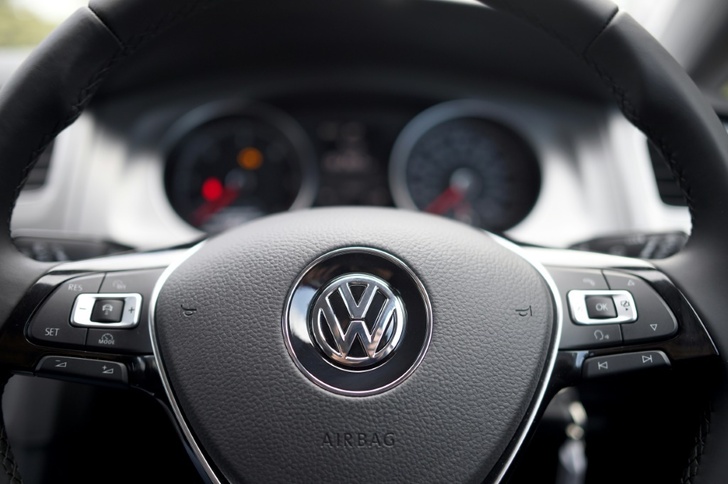Volkswagen's new boss Oliver Blume will seek to rally the board and shareholders at back-to-back meetings from Thursday to support his strategy on a crucial automotive software that felled his predecessor.
Blume had replaced Herbert Diess at the helm of the German giant in September, after problems dogged the development of the software and led to damaging vehicle recalls.
Under Diess, Volkswagen became the first legacy carmaker to try to follow US upstart Tesla by seeking to develop a centralised electronic architecture for its vehicles.
This one-stop platform would replace the currently many different software systems for tasks such as controlling lights, the air conditioning, and the GPS.
But the drive has proved controversial, with critics warning that Diess had moved too fast, while underestimating how complicated it was to shift in-house an operation that was not among the carmaker's core expertises.
At a press round-table on Tuesday, Blume hinted at plans to dial down the ambitious timetable.
The carmaker would refocus its software plans on "what has already been done", he said.
But that also appeared to be a concession suggesting a delay to the new, centralised platform originally planned for 2026.
That would have potentially serious knock-on effects -- from delays on a flagship model to budget overruns -- that Blume would need to talk the board and shareholders round to accepting.
- 'Ripe and ready' -
VW's planned "Trinity" model, the centrepiece of its all new electric fleet and a project pushed by Diess, was set to operate on the new platform.
But a delay in the new software could postpone Trinity.
The vehicle was to be built at a planned new factory at Volkswagen's headquarters in Wolfsburg -- but this may not be built at all as, due to the software delay, there could be time to upgrade existing facilities, reports said.
In addition, development costs, carried by VW's software unit Cariad, will exceed forecasts, according to several auto sector experts, who estimate them at several billion euros.
Observers believe the group underestimated the complexity of coming up with a single software platform to operate across its different brands, ranging from family cars to high-end brands like Porsche and Audi.
Automotive analyst Juergen Pieper said the group made a "mistake" in thinking that it could develop such a complex system alone and so quickly, "when car manufacturers are not IT specialists".
Despite the considerable costs at going ahead, Pieper does not believe that Volkswagen would ditch its ambitions to develop its own software system.
The delay could however drag until the end of the decade, he said.
Matthias Schmidt, analyst at Automotive Research, said that Blume is likely "determined to bring the finished product to market when it is more or less fully ripe and ready for picking".
"This could cause them market share losses in the short-term, as others bring their products to market quicker and snap away at the market share.
"But Blume is likely more concerned about the long-term plans."
lea/sr/hmn/
© Agence France-Presse
Your content is great. However, if any of the content contained herein violates any rights of yours, including those of copyright, please contact us immediately by e-mail at media[@]kissrpr.com.
Source: Story.KISSPR.com

